
By Fiifi NETTEY
Across Ghana, betting centres—especially sports betting hubs—have become as ubiquitous as food vendors. What once seemed like harmless fun has quietly morphed into a dangerous addiction, wrecking lives, dismantling families and threatening the moral and economic foundation of our youth.
Football, once a unifying passion, has been hijacked. The beautiful game—celebrated for its drama, skill and community spirit—is being reduced to a numbers game. As my former boss, Mr. Bright Blewu, once noted: “Football may be the only game played in Heaven.” But here on earth, the cheers have changed. Fans now shout not for goals but for odds. Allegiance to teams has been replaced with loyalty to betting slips and mobile apps.
Legally sanctioned under the Gaming Act, 2006 (Act 721), betting in Ghana is regulated by the Gaming Commission, which oversees all games of chance—excluding lotteries.The commission is charged with promoting responsible gaming, enforcing regulations and offering avenues like self-exclusion for those struggling with addiction. Despite these efforts, the industry is spiralling beyond control.
According to documents from the Gaming Commission, Ghana currently has about 86 licensed gaming companies, both online and land-based. Of these, 28 are licensed specifically for sports betting—a figure that may have steadily grown in recent years. Today, pubs and viewing centres echo a different sound. Gone are the arguments over tactics and star players. In their place: whispers about betting tips, odds and accumulator wins. The focus has shifted from the pitch to the screen.
During a visit to a neighbourhood pub, some of the patrons shared their experiences. Kwame, an elderly man who was focused on his phone, admitted: “Betting is addictive and dangerous. I once used my wife’s wedding ring as collateral to bet. I lost. I have lost other valuables in a similar fashion.”
Another patron, Patrick, a young man, revealed he gambled with his employer’s money—meant for a bank deposit—and did not return to work. “It’s an addiction that feeds on false hope,” said Papa Kweku, an employee at a betting company. “People leave stable jobs to chase dreams that almost never come true. Most end up broke, depressed and directionless. I have seen first-hand how this lifestyle has ruined lives—how some people have fallen from wealth into deep poverty, struggling to even feed themselves. You will be shocked if I told you who some of them are. Their level of addiction is beyond imagination,” he said.
Admittedly, few lucky ones make some money, though. “Sports betting is my life—it’s in my blood and means everything to me,” says Paterson, a betting enthusiast. “I know how to win and how to arrange the odds. No one can convince me it is a bad thing. It is changing lives. I know many people who got their breakthrough betting. When your time comes, you’ll hit the jackpot big time,” he added confidently.
Nevertheless, the dangers of betting addiction among teenagers are deeply troubling. Many are so consumed by it that they skip school just to visit betting centres. It’s heartbreaking to see young people loitering around these places at odd hours, drawn in by the thrill of gambling. What’s more shocking is how well they understand betting odds — a disturbing sign of how deeply entrenched this habit has become.
James said they have taken things to an international level with the betting odds. He has a few friends in Europe who send him betting tips. He is tried his luck twice and came close to winning both times. For him, sports betting isn’t just a game—it’s something he believes could one day change his life for the better.
The World Health Organization (WHO) describes addiction as a chronic, relapsing disorder defined by compulsive behaviour despite harmful consequences. That is precisely what we are witnessing.
To address the problem locally, The Gaming Commission, in partnership with the Mental Health Authority, has launched awareness campaigns at institutions like Accra Technical University and UPSA. This initiative has attracted some Members of Parliament—Dr. Zanetor Rawlings and John Dumelo—who have joined the advocacy efforts to educate the youth on the dangers betting addiction.
But is this enough? From my observations, enforcement of betting laws must be strengthened. Educational campaigns must reach those most at risk. Self-exclusion policies are poorly implemented—if not non-existent—in many betting centres. The damage is spreading fast and it is time to hold the bull by the horns.
One heartbroken father painted a gloomy picture with his personal experience, when he told me how his son gambled away his school fees and dropped out. He is not alone. Many students are risking their futures, lured by the false promise of quick riches. Even pensioners are being drawn into the vortex. I recently overheard two elderly men lamenting how Manchester United had ruined their betting slips—a pitiful image of retirees trapped in the same web.
It is time the nation stopped pretending. Betting now is a fast-growing public health crisis. The flashing odds, seductive payouts and illusion of control are ensnaring a generation. Young people are prioritising odds over education, chasing wins instead of dreams. Let’s be clear: betting is not a career path. It is not a business plan. Rather than bet away their futures, Ghanaian youth should be guided toward acquiring skills, pursuing education and investing in sustainable ventures.
While the Gaming Commission has taken steps, the scope of the crisis now demands national intervention – stronger legislation, comprehensive education and tighter oversight. Otherwise, if we continue down this path unchecked, sports betting could become one of the most destructive social menace of our time. Ghana must act—now—before more lives are destroyed by this silent epidemic.
>>>the writer is a Media Consultant
The post Betting: New addiction destroying lives appeared first on The Business & Financial Times.
Read Full Story
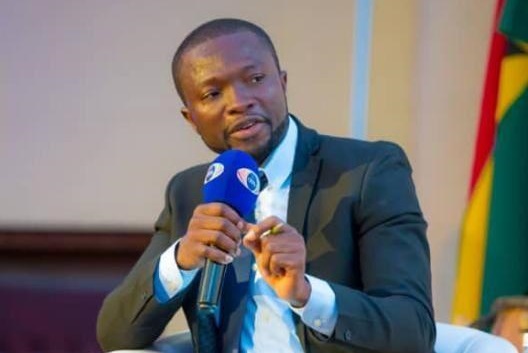








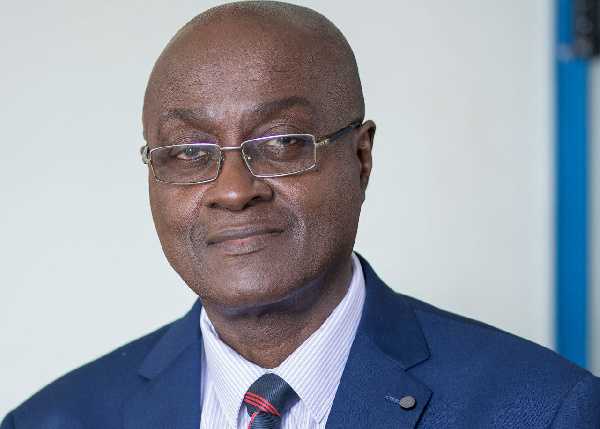

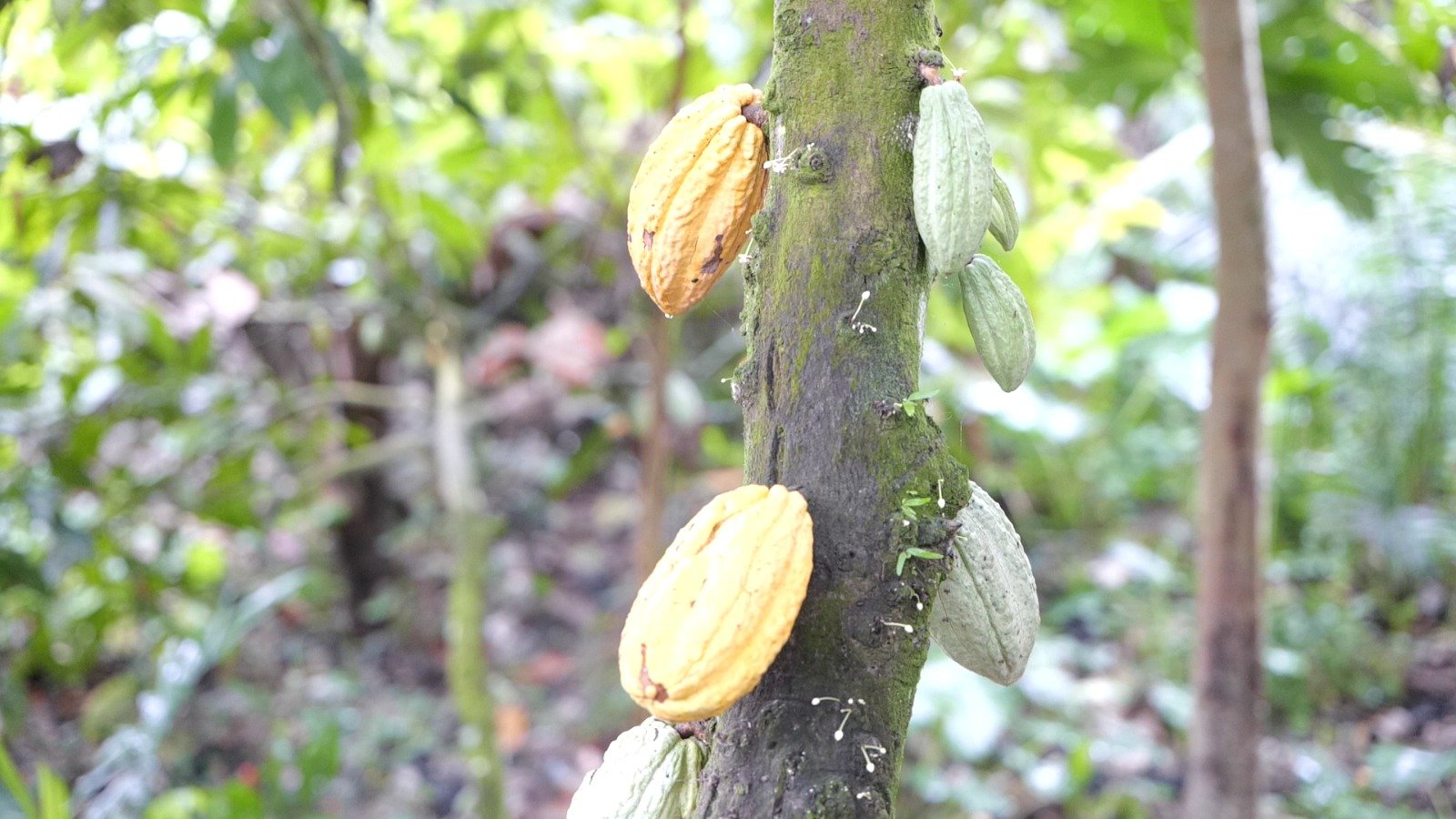
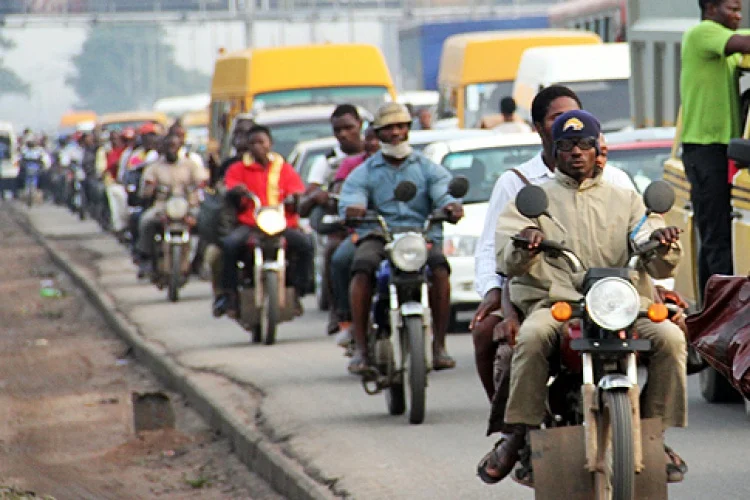
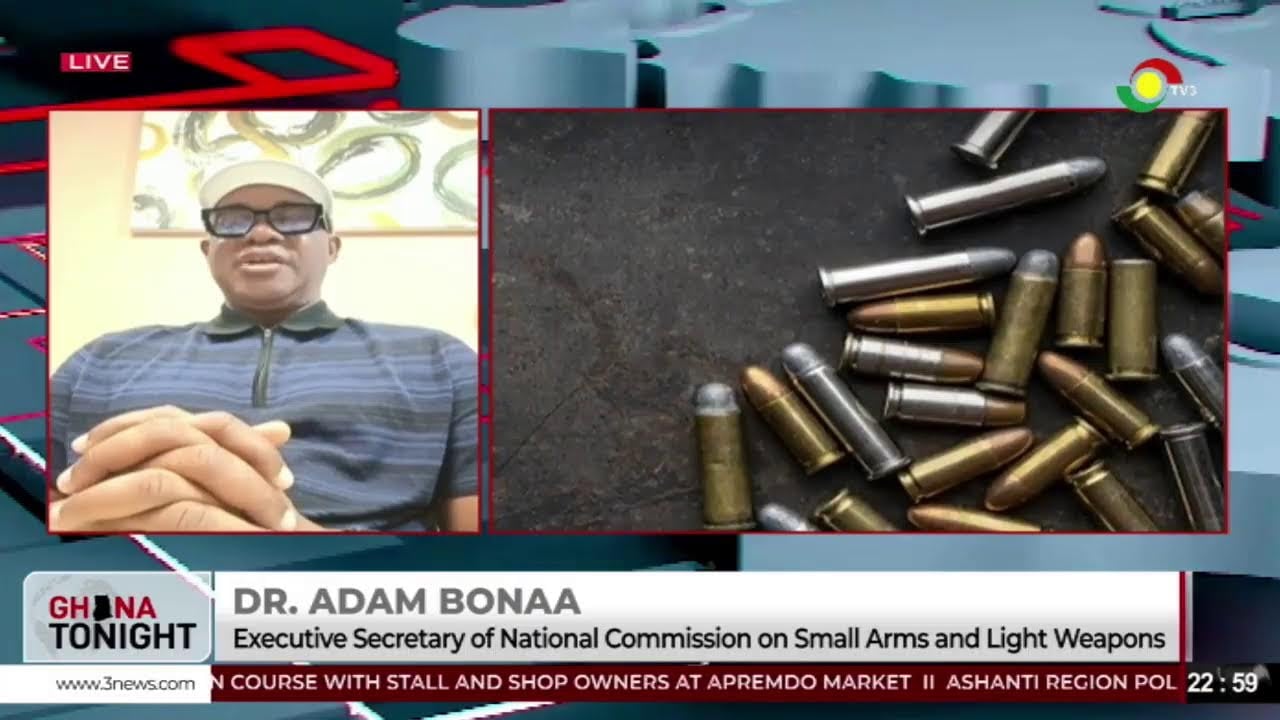







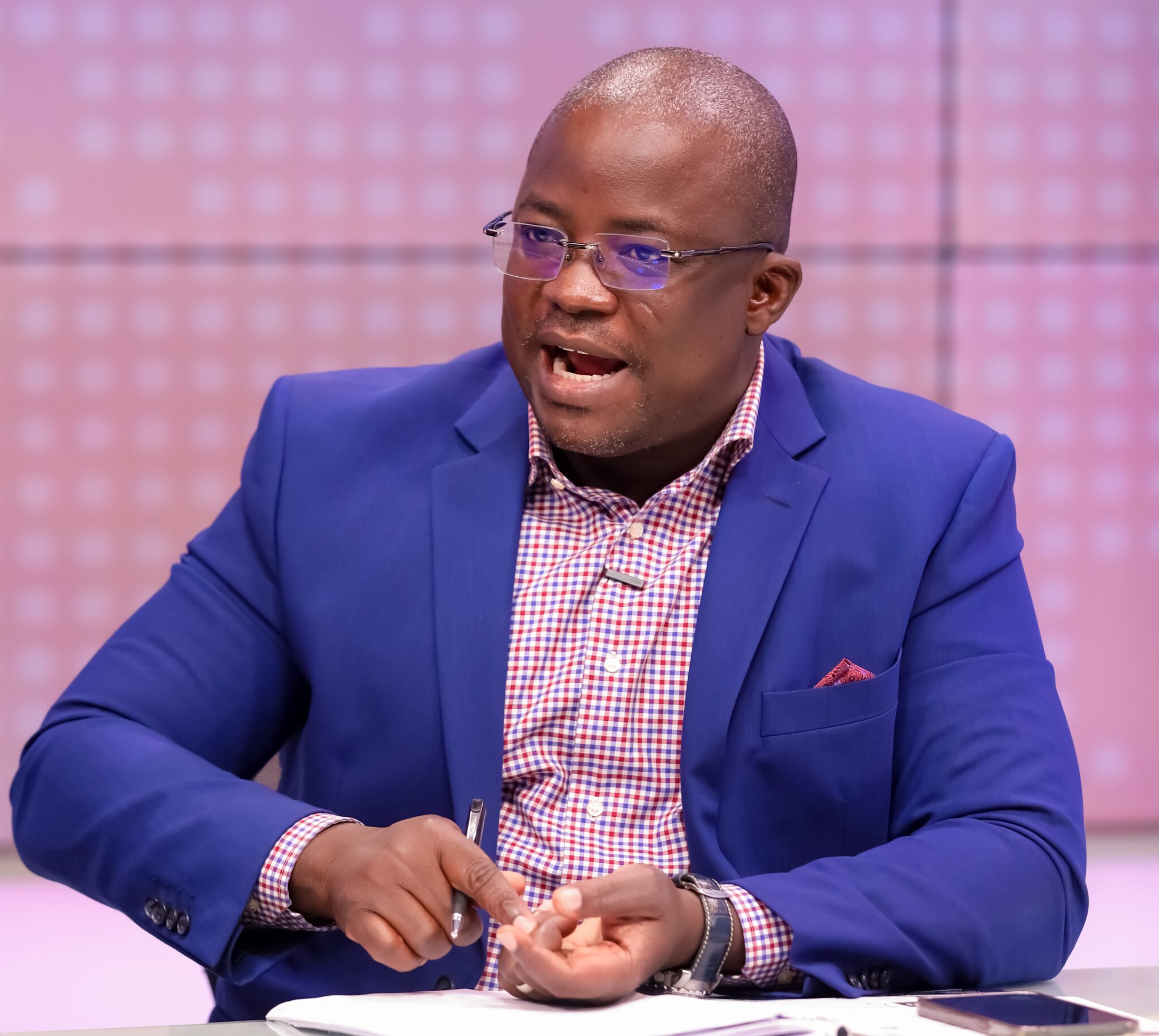
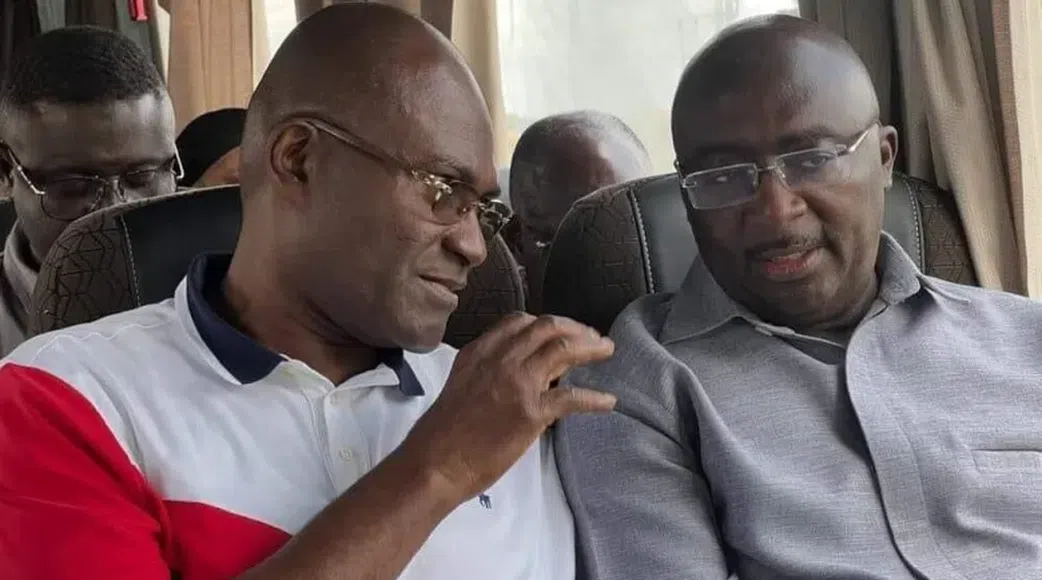

Facebook
Twitter
Pinterest
Instagram
Google+
YouTube
LinkedIn
RSS